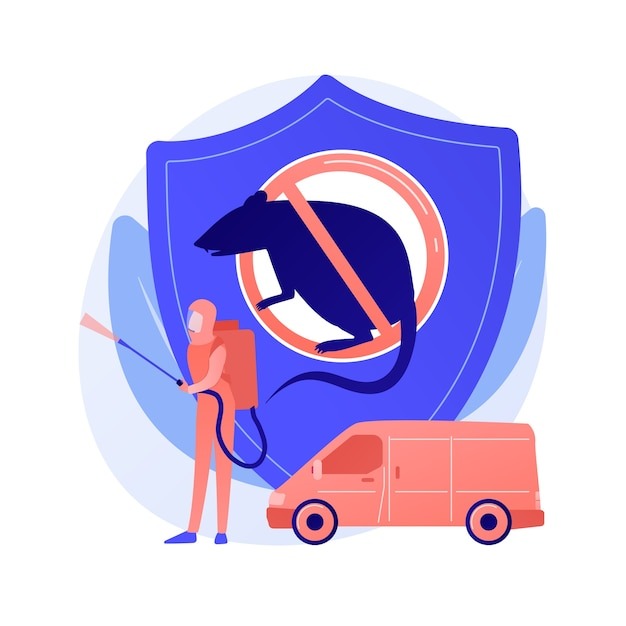Dealing with Deceased Wildlife: A Guide to Dead Animal Removal in Melbourne from jayahir's blog

Encountering deceased wildlife on your property can be both distressing and challenging to handle. Whether it's a small bird, a rodent, or a larger animal, knowing how to properly manage dead animal removal is crucial for maintaining hygiene, preventing the spread of disease, and showing respect for nature. In Melbourne, a city known for its diverse wildlife, understanding the appropriate steps for dead animal removal in Melbourne is essential. This blog post will provide you with valuable insights on how to handle dead animal removal in Melbourne responsibly and safely.
- Understanding the Importance of Prompt Removal
The presence of a dead animal poses potential health risks due to the spread of bacteria, parasites, and diseases. This section will highlight the reasons why prompt dead animal removal is essential for both human and environmental health.
- Identifying the Deceased Animal
Different species require different approaches to removal due to their sizes and potential hazards they may pose. This section will discuss how to identify the type of deceased animal and whether it requires professional assistance.
- Safety Precautions and Personal Protection
Handling dead animals, especially if you're not sure about the cause of death, requires proper protective gear. This section will outline the necessary safety precautions and equipment to use when dealing with dead animal removal.
- DIY Dead Animal Removal Steps
For smaller animals, a DIY approach may be suitable. This section will guide readers through the step-by-step process of safely removing small deceased animals from their property. It will include aspects such as containment, disposal, and disinfection.
- When to Call Professionals
Larger animals or situations involving potential hazards (such as venomous animals) require professional assistance. In this section, readers will learn the signs indicating the need for a professional dead animal removal service in Melbourne.
- Respecting Local Regulations and Wildlife
Melbourne is home to a variety of wildlife species, some of which are protected by local regulations. This section will emphasize the importance of understanding and respecting these regulations when dealing with dead animal removal.
- Eco-Friendly Disposal Methods
Proper disposal of deceased animals is crucial for preventing further environmental contamination. This section will explore eco-friendly methods of disposal, including composting and working with local wildlife rehabilitation centers.
- Preventing Future Incidents
To avoid future encounters with deceased animals on your property, it's essential to take preventative measures. This section will provide readers with tips for reducing the likelihood of animals becoming trapped or injured on their property.
Conclusion
Dealing with deceased wildlife can be a challenging task, but by following proper procedures and guidelines, you can ensure the safety of both yourself and the environment. This blog post has equipped you with the knowledge necessary to handle dead animal removal in Melbourne responsibly, from identifying the animal to making the right decision between a DIY approach and professional assistance. By respecting local regulations and wildlife, practicing safe removal methods, and taking steps to prevent future incidents, you can contribute to a cleaner and healthier environment for both humans and animals alike.

The Wall